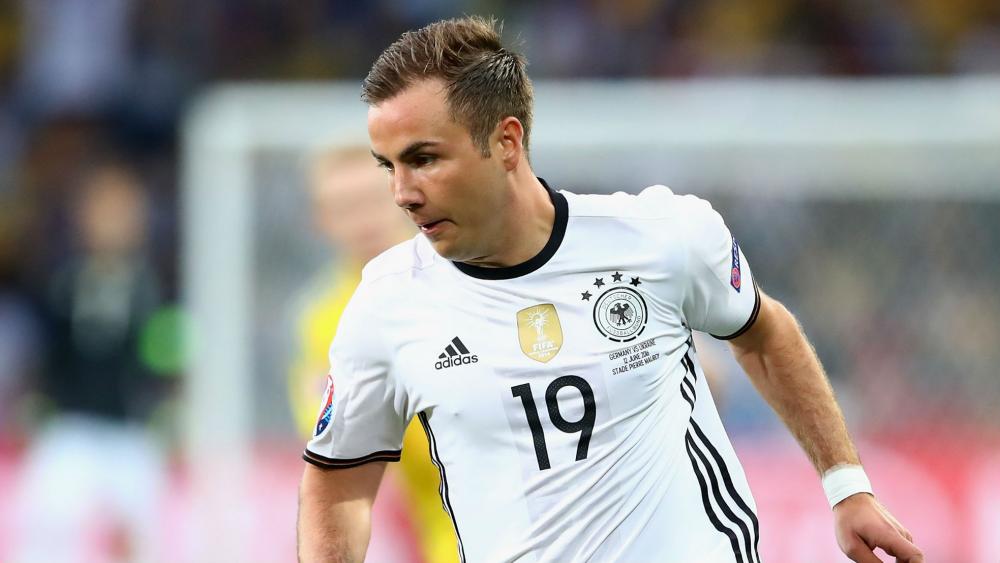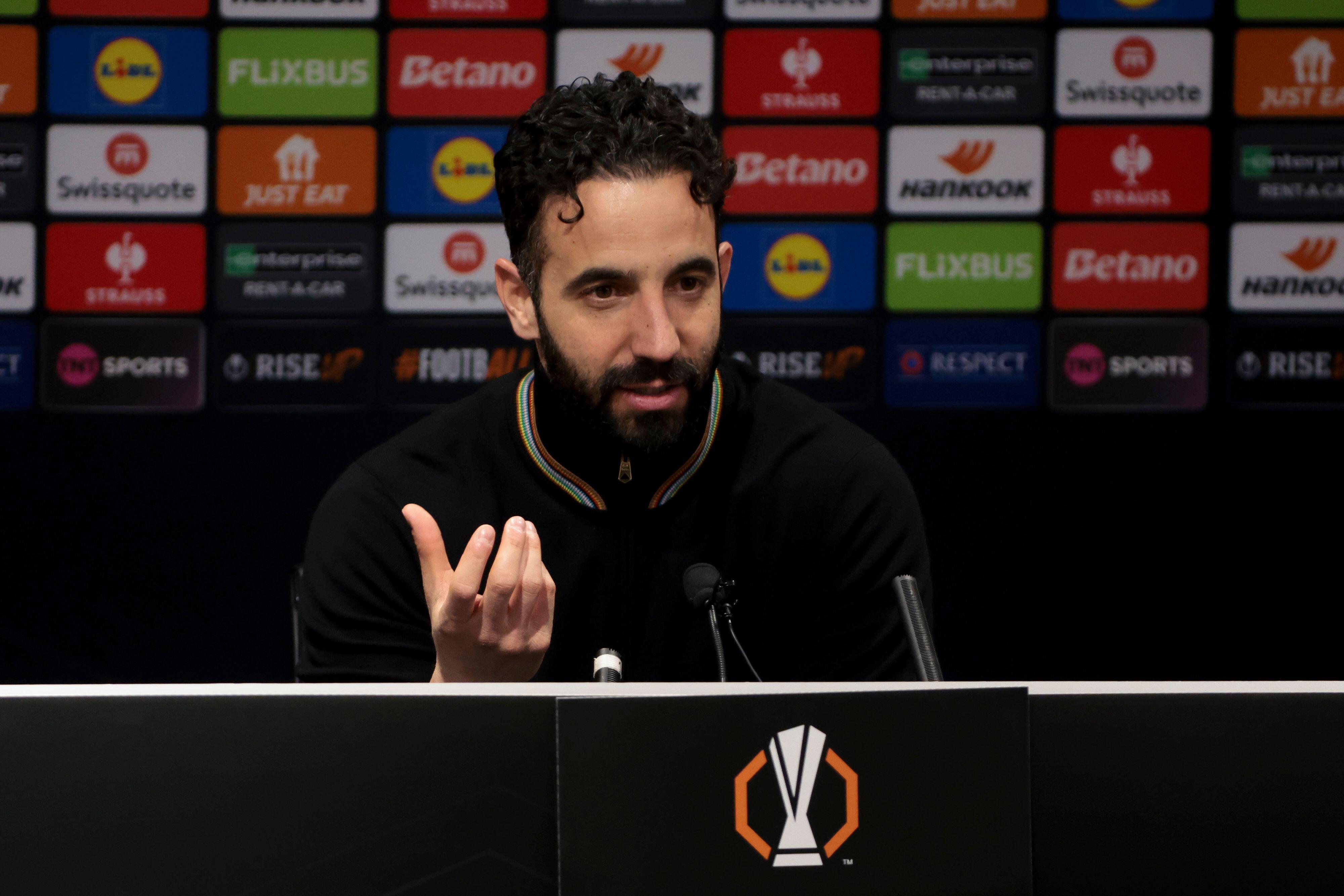Underdog spirit complicates Germany's ambitions to dominate
Germany's heroes of 2014 are struggling for top gear at Euro 2016 and in an age that cares less and less for reputations or possession.

On that sultry night in Rio two years ago, Germany and Mario Gotze seemed set for the footballing stratosphere.
After a decade of chastening near misses, Joachim Low's sublimely talented generation had a major prize in their possession thanks to Gotze's extra-time winner against Argentina in the 2014 World Cup final.
Spain's era of dominance was over and there would be plenty more where the 7-1 hiding of Brazil in the semi-final came from. Bayern Munich superstar Gotze, having lived out every boy's dream before partying into the night with pop star Rihanna, was going to be their jewel, their superstar.
As with many of the best-laid plans, things did not quite pan out that way. In Saint-Denis on Thursday, Germany faced Poland - the opponent that punctured their burgeoning immortality with a 2-0 October 2014 victory in Warsaw during Euro 2016 qualification.
Now at the tournament proper, Low's men were still unable to shake the pattern of their performances since then, in which they have stuttered as much as swaggered, in a dour stalemate.
There was plenty of purpose and precision to their early passing, central duo Toni Kroos and Sami Khedira instigating possession dominance that made it seem like the most charitable act would be to throw another ball on so Poland could have a go.
Unbowed, Adam Nawalka's side sprung into an encouraging spell midway through the half.
Get FourFourTwo Newsletter
The best features, fun and footballing quizzes, straight to your inbox every week.
Sevilla's Grzegorz Krychowiak supplied power and drive from midfield, Jakub Blaszczykowski and Kamil Grosicki manned the flanks. Bayern hero Robert Lewandowski and Arkadiusz Milik, who opened the scoring in that Warsaw win, had shots blocked.
The contrast between Bayern team-mates Gotze and Lewandowski cut to the heart of the battle being played out at the Stade de France and, arguably, across the wider footballing world.
For all the virtues Gotze's nimble ingenuity might bring to the "false nine" role, he lacks the chops of a seasoned striker, the sort who would have licked his lips before planting home Julian Draxler's fourth minute cross. The ex-Borussia Dortmund star, who looks in need of the career reboot with which he is so regularly linked, headed aimlessly over.
Early in the second period, before forlornly making way for Andre Schurrle, he drove a glorious opening straight at Lukasz Fabianski in the Poland goal.
Lewandowski would have dearly loved a crack at either of those, as he would when Milik's footing deserted him and golden opportunities slipped away in the 46th and 68th minutes.
But the sense remained that for all Germany's Kroos control, Poland were the more potent. It brought to mind the words of Low's trusted chief scout Urs Siegenthaler before the tournament.
"The game is undergoing a bit of a change and we're still struggling to catch up," he told the Guardian.
The shifting sands Siegenthaler alludes to are a Premier League won by Leicester City and Atletico Madrid chewing up Barcelona and Bayern in the Champions League before spitting them out.
Poland approached this game in the image of Claudio Ranieiri's and Diego Simeone's heroes. They were not intimidated by Germany's 70 per cent possession. They did not care about it at all, knowing the other 30 per cent would present opportunities to score.
Sitting deep is not a white flag anymore. These are football's days of passive aggression. Of course, domestic title wins for Barca, Bayern, Paris Saint-Germain and Juventus this year - sides who all treasure the ball - means the last rites are being applied to a possession approach far too soon.
But in Hungary, Iceland and Northern Ireland, this tournament has already shown the spirit of the rampaging underdog.
Low's men are as sound a bet as any to add this trophy to their collection, but the sense is that lost soul Gotze and his colleagues may never have it quite so good as Brazil 2014.
